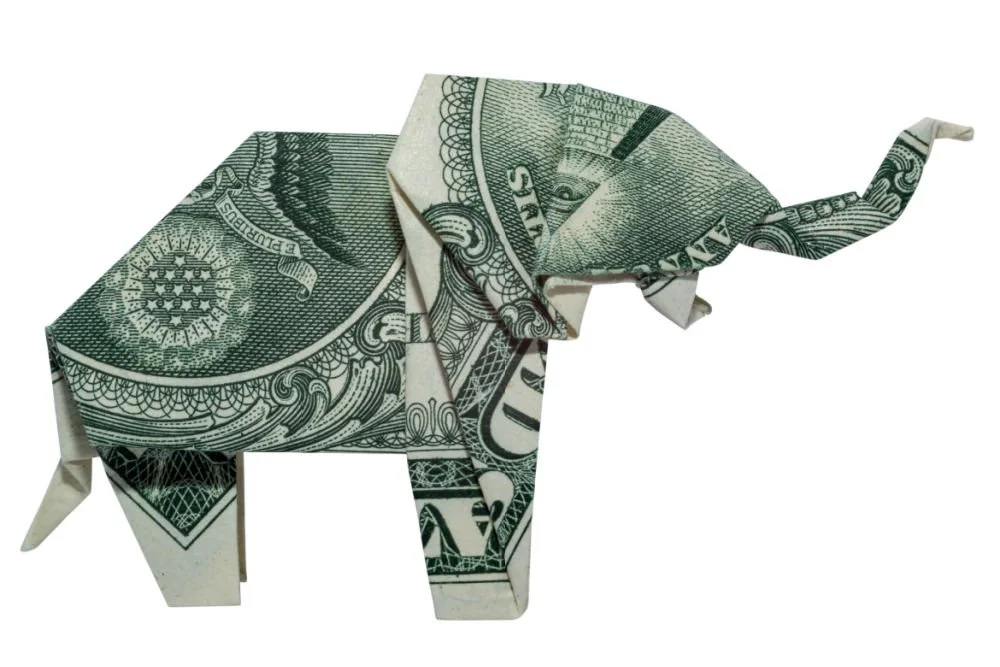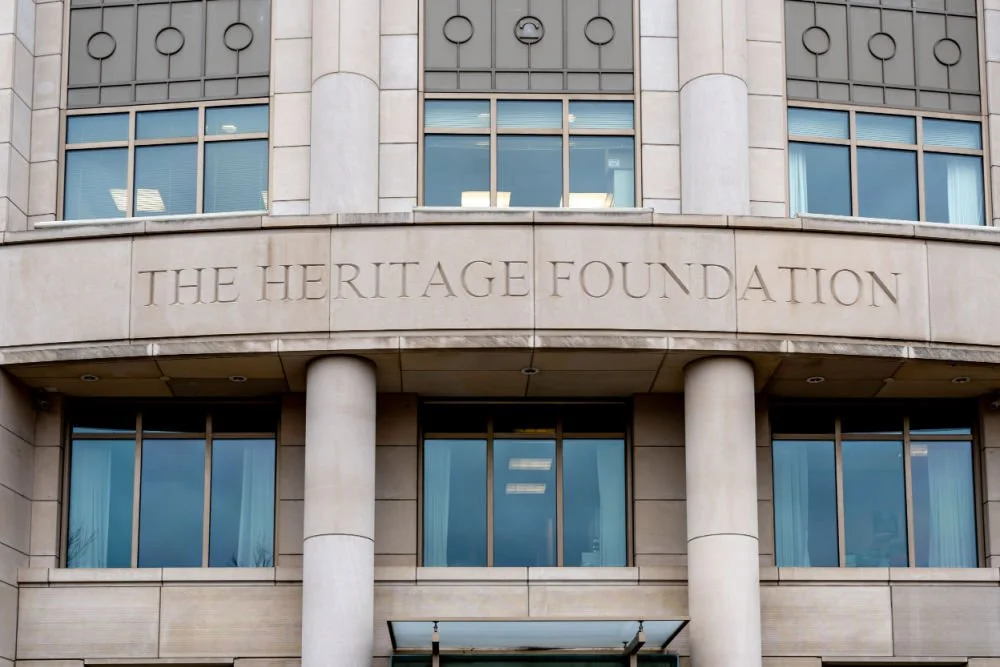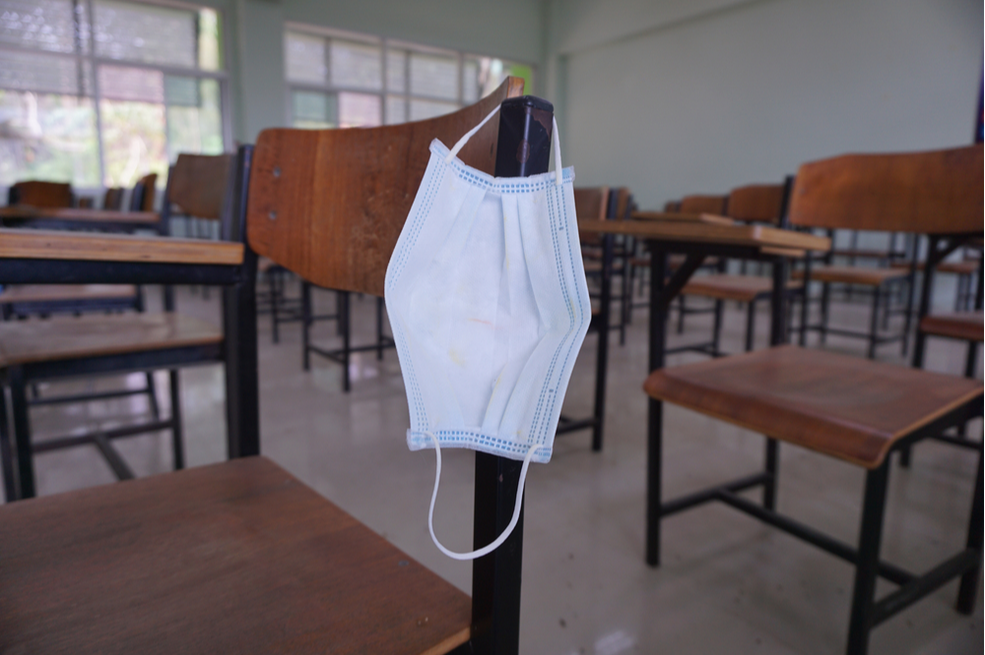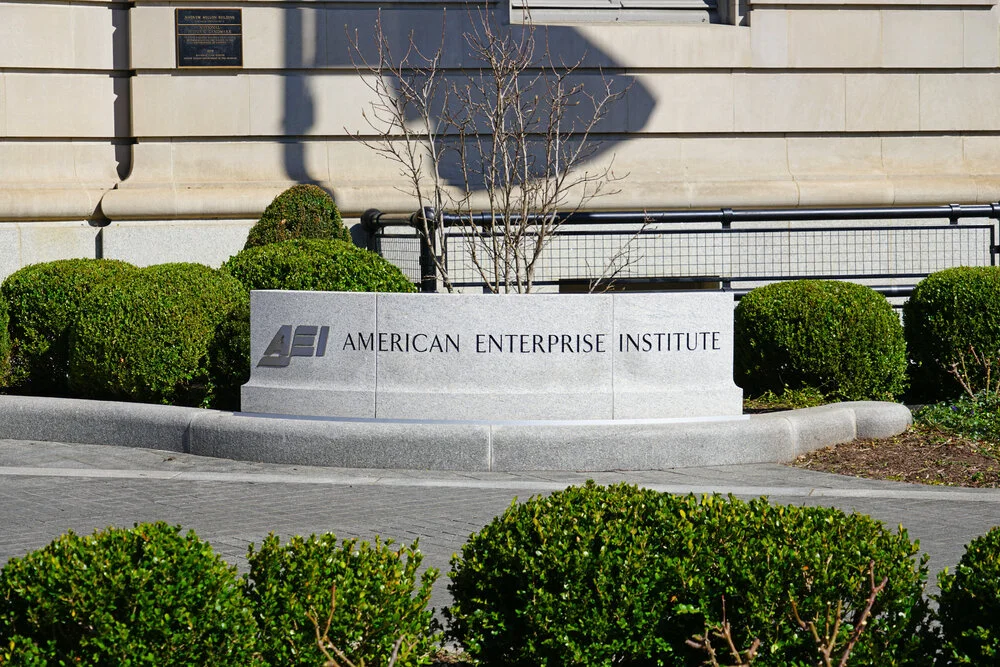Balancing Act: Can Koch Giving Bolster a Corporate Brand While Pushing a Libertarian Agenda?
/Wellesley College
Two recent Koch-related announcements—the naming of Koch Scholars at Wichita State University and support to Wellesley College's Freedom Project—neatly encapsulate the brothers' "thread the needle" approach to higher ed giving.
Let me explain.
The Koch Brothers are in a tricky predicament. As previously noted on Inside Philanthropy, they have a branding problem on their hands. The public doesn't like them all too much, and the Kochs have come to seriously fret about long-term damage to Koch Industries, the $100 billion conglomerate they control, which has 120,000 employees in 6o countries.
Philanthropy is one way to improve their standing in the court of public opinion—even as Koch giving simultaneously advances the libertarian principles that the brothers have long embraced, but which tend to rub some people the wrong way.
And so we've seen some surprising Koch gifts recently. Most notably, in January, the Charles Koch Foundation and Koch Industries gave the Thurgood Marshall College Fund close to $26 million to support its Center for Advancing Opportunity, whose goal is to expand educational, social and economic opportunities in fragile communities. Earlier, in 2014, the Kochs made a gift of $25 million to the United Negro College Fund.
Meanwhile, you'll find that day-to-day Koch giving to campuses is still mainly about advancing libertarianism, but with frequent exceptions.
Take the first news item out of Kansas, for example. The Wichita Eagle reports that nine students have been chosen to join the Koch Scholars program at Wichita State University (WSU) for the fall 2017 semester. The students will each receive between $30,000 and $50,000 during their four-year attendance at WSU.
The program, which targets high school seniors enrolling in the College of Engineering or the W. Frank Barton School of Business, is funded through a $1.54 million pledge from Koch Industries and the Fred and Mary Koch Foundation. All in all, fairly innocuous stuff. What's not to love? And in fact, we've seen other Koch education gifts that are focused on STEM fields, too. Which makes sense, since the Kochs run a business that depends on skilled labor, especially in areas like chemistry and geology.
Now, let's turn to the Charles Koch Foundation's gift to Wellesley College, which is more reflective of Koch higher ed giving as a whole, and serves as a reminder of the primary goals that this Koch is pursuing as he pumps over $20 million a year into campus programs.
Professor of Sociology Thomas Cushman started the Freedom Project four years ago in an effort to bring speakers to campus who hold viewpoints that are not typically represented at the school. The project aims to promote freedom of expression, pluralism and tolerance on campus—a laudable goal, particularly after recent protests canceled a planned talk by right-wing commentator Milo Yiannopoulos at UC Berkeley and the alt-right pundit was shouted down at Middlebury College.
Amid developments like these, Koch allies have stressed that this funder is all about more open and politically inclusive dialogue on college campuses. As well, some have said the Kochs' politics are eclectic and hard to pigeonhole. As Todd Belt, a visiting lecturer in the Wellesley Political Science department noted:
As businessmen, their concerns for economic issues such as reducing taxes and regulations cause them to align with and support Republican candidates over Democratic candidates. However, they have also been active in promoting criminal justice reform, a policy issue more closely associated with the political left and the Democratic party.
To be sure, there are good reasons to believe that Charles Koch truly wants robust debates on college campuses. But just keep in mind that the long-term strategy, here, is to promote free market principles and a skepticism of government.
To the degree that these ideas have greater traction in U.S. society and public policy, Koch Industries will face less regulatory oversight, and the Kochs themselves may pay less in taxes. Even if you believe that Charles Koch is committed to his views for the sake of principle, it's hard to not see Koch donations on college campuses as a form of interested money. Which helps explain why these gifts continue to draw enormous pushback, with the group UnKoch My Campus leading the charge.






























